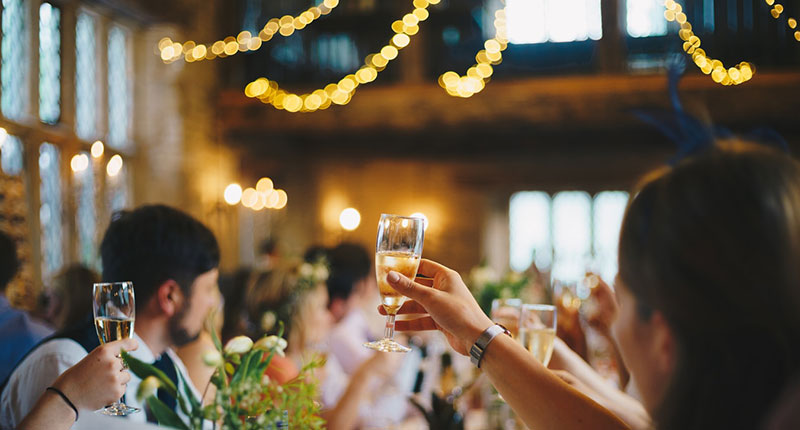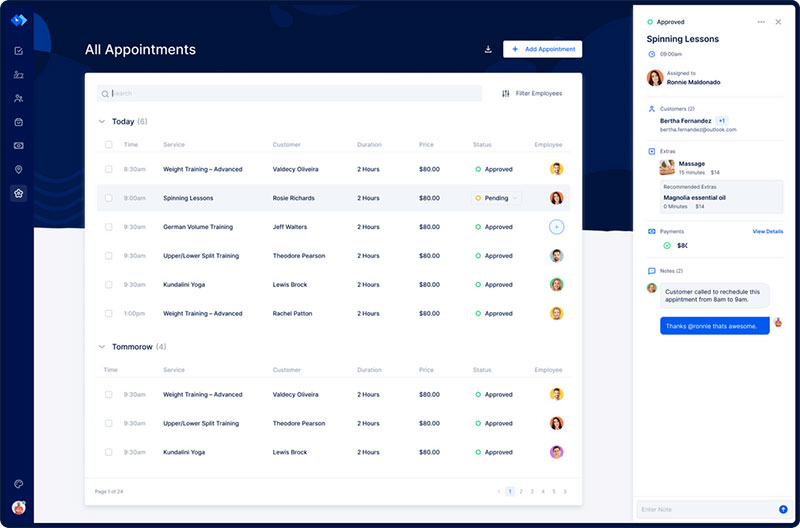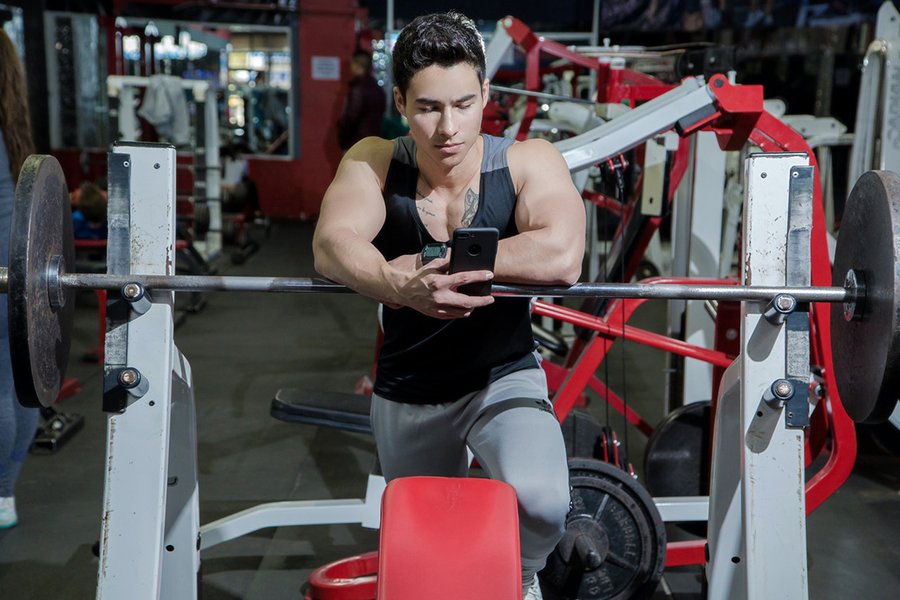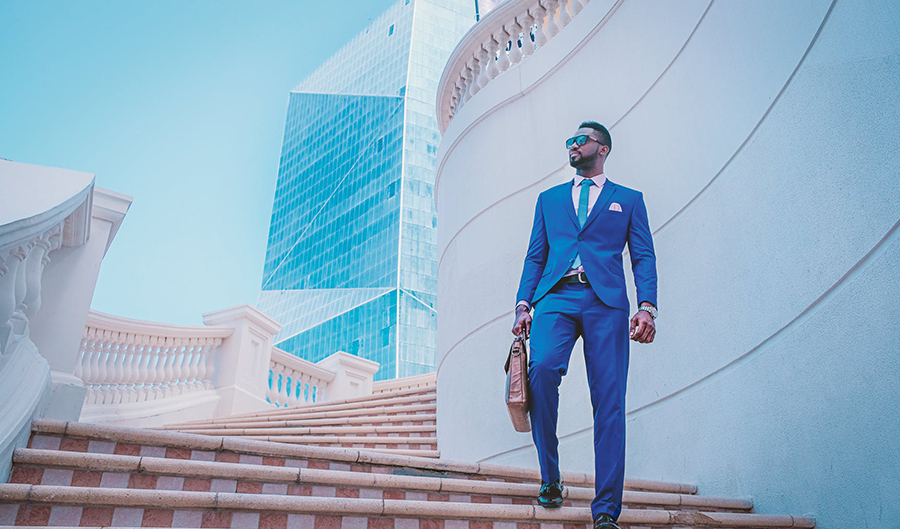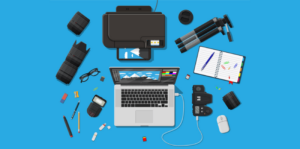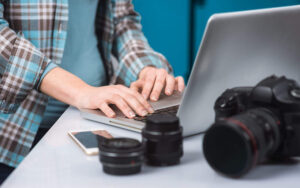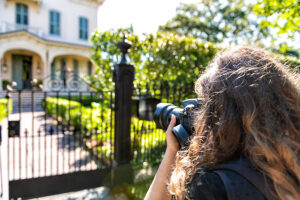Event photography is a great option for photographers who are planning to expand their photography services, as it guarantees work and provides a lot of opportunities. However, starting as an event photographer can be challenging. There are many things to prepare before you begin, such as gathering the right equipment and learning how to increase your client base.
There are many factors that contribute to being a successful event photographer. The following information provides further details on what an event photographer does and the required steps to achieving your goals.
What Does It Take to Become an Event Photographer?
Event photography covers an array of professional photography as there is a variety of events to cater to. Wedding photography and mitzvah photography became completely separate categories of photography on their own, due to the size of their niche. Thus, event photography usually covers typical events such as birthday celebrations, corporate activities, conferences, award ceremonies, and more. Moreover, event photography helps to create wedding books, birthday books, and brochures for other activities.
To become an event photographer, would require a particular set of skills, and once you gain competence, it would be easier for you to explore different sub-niches of event photography like corporate events or awarding ceremonies for example.
On the other hand, event photography does not require a certain type of character as it works for all photographers. The personality of a photographer is often reflected in their work.
Being an event photographer requires flexibility and some degree of agility, to adapt to various situations. For example, transferring from a wide-open area to indoor spaces, taking photos of subjects aside from people like animals, cars, products, food, and more. To become a successful event photographer, remember to practice constantly and be prepared.
How to start being an event photographer?
The first step to being an event photographer is to develop a mindset that you are a business entity, not a random individual. As a business entity, you must establish your personal branding. Think about what you embody as a photographer, your mission statement, passion, and core values. These must reflect the kind of photographer you want to become.
One of the best ways to have experience working as an event photographer is to do freelance photography. Being a freelancer will allow you to explore event photography by trying out different gigs. This will also help you build your professional portfolio which will be your tool to land a long-term in-house job.
If you can't decide between being a freelancer and an in-house event photographer, learning the differences will help you choose.
Freelance event photographers have more control over their schedule and they work on a per-job basis. In-house photographers differ in how they are paid. Since they are hired by a company, they work as a standard employee with regular pay and taxes.
Choosing between becoming a freelance or in-house event photographer is really up to what kind of work arrangement you prefer. Once decided, continue working on the following preparations.
Create a Portfolio
A portfolio is one of the key tools a photographer needs to get hired. Whether it be online or printed, a good portfolio should contain at least three important elements: an album of best images, a short biography with a photo of your smiling face, and contact details. You must offer a variety of types of shots. Include formal and candid group photos, set up shots, photos of the corporate sponsor branding, and photos of people having fun at the event.
Always keep in mind that it is the job of an event photographer to visually show the success of an event. Start creating a portfolio if you don't have one. Event photography is actually general and not limited to formal events and celebrations. Any kind of gathering can be considered as an 'event'.
Advertise Yourself
After creating a portfolio, the next step is to market yourself and spread your work around. Marketing your photography services is a challenge because clients often look for someone with abundant experience. However, with a good portfolio at hand, it will be easier to promote your name. A portfolio provides an opportunity for potential clients to get to know you as a photographer.
Remember you are a business entity, thus your marketing presentation should indicate capability,effectiveness, great passion and attention to quality. If you consistently deliver these qualities to your work, your clients will appreciate you more and with word of mouth, and you will easily attract more clients.
One of the most effective ways to market your services and exhibit your work is through online advertising. A website and social media accounts are great platforms to showcase those compelling photos. Creating a website helps potential clients to know more about you as an event photographer and it will also serve as a point of contact for future gigs.
Practice Directing People
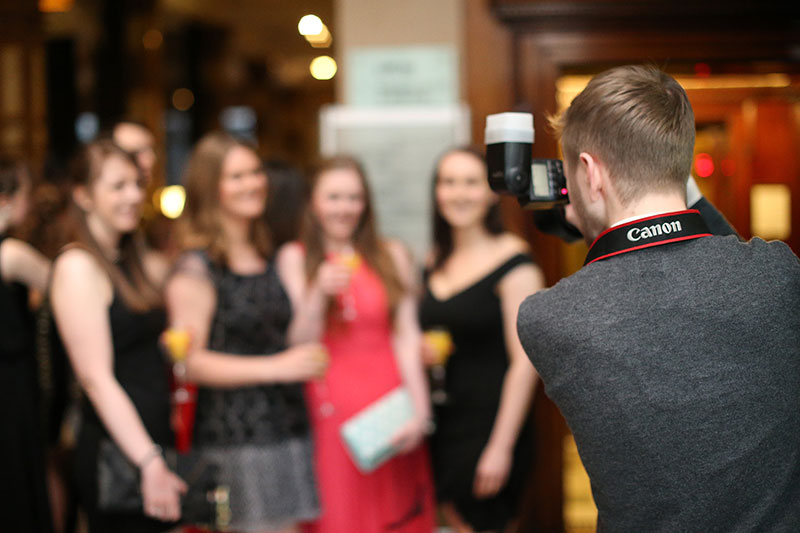
One of the specific skills to learn successful event photography is how to direct people. The key here is a thorough practice. There is always a degree of unpredictability during actual events. There will be times that event photographers are put into rough situations such as equipment malfunction, battery loss, unexpected changes in weather, and more.
Event photographers must be quick to respond to difficult situations and come up with solutions. They must also interact and guide the attendees, move around swiftly, and pay close attention to the flow of the event. Most importantly, event photographers must be able to capture the best moments of the event.
Set your Price
It can be a challenge for photographers to charge their clients an appropriate rate . The rate of an event photographer usually depends on the type and size of the event, and its location, factoring in their years of working experience.
The average rate of experienced professional photographers ranges from $200 to $500 per hour. It is best to set your rates low at the beginning then increase them over time but it also doesn't mean setting your price so low that you make no profit. Remember you are a professional. If you set your price a bit higher, make sure to deliver matching quality services. It’s important to match your price with your value.
To give you an idea of how much the value should be, do research and find out the rates of photographers in your area.
Equipment to invest in
Camera bodies
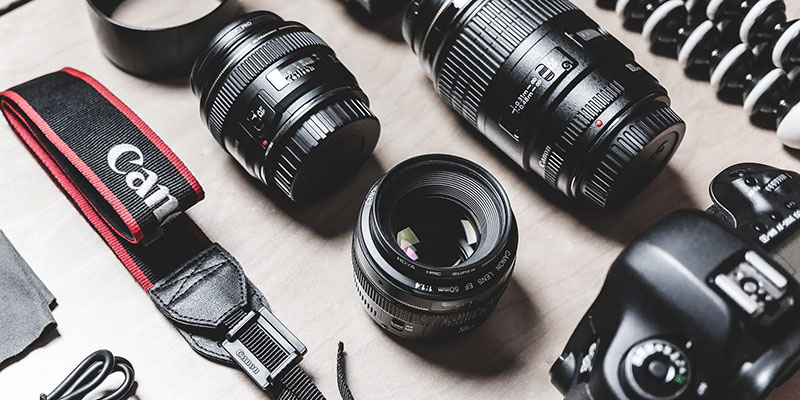
A camera body contains all the controls necessary to take digital photos and this is where you mount your camera lenses. Camera bodies, unfortunately, depreciate in value faster than other assets in photography due to rapid technology changes. So, as an event photographer, invest in a good camera body that will last.
Camera Lenses
Every photographer should have two camera lenses, a 24-70mm lens, and a 70-200mm lens. The 24-70mm lens is a standard zoom lens that allows photographers to have a wider shot and a close-up shot. The 70-200mm telephoto zoom lens is ideal for different types of events as it has a wider range of focal lengths allowing photographers to achieve creative shots.
Memory Cards
Memory cards with bigger storage capacity are usually more expensive, and the truth is, you don't have to spend a lot of money buying SD cards with bigger memory. You can have two 32GB memory cards for a price less than that of a 64GB SD card. You may opt to buy either one of them as long as they have high write speed.
Camera Flash
Camera flash is vital for shooting in areas with poor light exposure. Use an on-camera or off-camera flash instead of the built-in flash to evenly distribute clean light to your subject. You can also use a diffuser.
What Should Your Focus be When Photographing an Event?
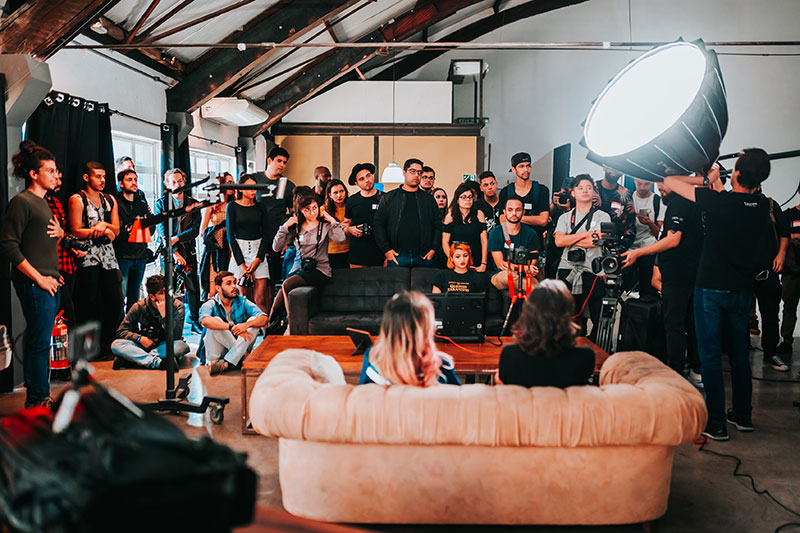
The main duty of an event photographer is to capture defining moments and significant details in an event. They should take photos that tell a story and evoke emotions. These photos can be a guest's reaction to an announcement, an interaction between families, or someone giving an emotional speech.
The first objective of an event photographer is to take photos that contain the basic details of an event like wide-angle shots of the venue (outdoor and indoors if possible), VIP guests or key personalities invited if any, speakers and panelists, action photos of the highlight activities or programs, audience, and more.
After gathering the essential photos, you may start taking creative shots and using vantage points. You can re-take some of your previous shots from different angles and modes. Also, take photos of the crowd or audience to capture the mood and energy of the event.
How to Select the Images to Give to Your Client
A photographer can easily generate thousands of photos in a single event alone, but not all of those photos will be submitted to the clients. Clients do not want to look at several photos of the same subject. Every photo should be different. Select the best image out of a burst shot, one with the best color and exposure.
You can provide them with raw shots and processed shots. An important reminder for processing raw photos is to not alter the images too much. Do basic adjustments as much as possible like increasing or decreasing exposure, saturation, vibrance, shadows, and contrast.
Avoid putting heavy filters unless your clients instructed you to apply blur on some photos. Ask your clients if they wish to particularly edit some parts of the photo. Keep in mind that clients pay you to deliver what they require of you so it is important to ask them if they prefer something for the photos.
Get more bookings with the right tool for the job
Staying organized has never been easier.
You can now manage your business and grow your brand with a single, powerful software that keeps all of your appointments in line, your clients organized and your business booming.
Trafft is the perfect service scheduling software for business owners who need to streamline their booking experience both for their staff and their clients.
Trafft handles everything for you, even sending automated email or SMS reminders to your clients. No-shows? Not anymore!
The Trafft booking software adapts to different industries for a blissful online booking experience and employee management.
Want to know more? Check out Trafft's awesome features to see what you are missing.
FAQs about being an event photographer
1. What are the essential skills and equipment required to be a successful event photographer?
A great event photographer needs to be meticulous, have excellent time management abilities, be able to communicate clearly and be able to function well under pressure.
They should be skilled in using a variety of camera equipment, lighting equipment, and post-processing software. Also, they should be able to cooperate with other event suppliers like event planners, caterers, and performers.
2. How do you prepare for an event photography shoot?
A good event photography shoot depends on planning. Scouting the venue, creating a shot list, working with event planners and other vendors, carrying the necessary gear, and charging batteries and memory cards are all part of the process.
To ensure that the photographer is aware of the event's requirements, timeline, and desired outcomes, clear communication with the event organizers is also crucial.
3. What are some common challenges that event photographers face and how do you overcome them?
Event photographers frequently have difficulties with poor lighting, erratic weather, and handling huge crowds. Being flexible and inventive, utilizing various lighting techniques, and having backup equipment available are some ways to overcome these difficulties.
A talented event photographer can also foresee potential problems and create backup plans in advance.
4. How do you manage to capture candid moments while still ensuring that the shots are well-composed and properly lit?
Event photographers must have a good sense of timing and the ability to foresee the action in order to catch candid moments.
Also, they must be conscious of the lighting circumstances and change their camera settings accordingly. While the main photographer concentrates on composition and lighting, having a second shooter or helper can also help to ensure that important moments are recorded.
5. How do you interact with event attendees to get them comfortable in front of the camera?
In order to establish rapport with participants and foster a laid-back attitude, an event photographer should make an effort.
This may entail addressing individuals with courtesy and respect, offering guidance when required, and observing others' personal space. Small chats, providing details about the event, and displaying interest can all contribute to a nice atmosphere.
6. How do you deal with difficult lighting conditions, such as low light or uneven lighting, during an event?
Flexibility and inventiveness are needed to deal with challenging lighting situations. A photographer for an event might need to use both natural and artificial light sources, as well as specialist lighting gear like flashes and diffusers.
To account for the illumination, they might also need to change the camera's settings, such as raising the ISO, changing the aperture, or utilizing a slower shutter speed.
7. What is your post-production workflow, and how do you select and edit the best images from an event?
The best pictures from the event are reviewed, chosen, and edited during the post-production process. This procedure could involve image culling, exposure and color adjustments, cropping, and retouching.
To speed up the editing process, some photographers employ specialized software like Lightroom or Photoshop. The ultimate objective is to tell a coherent, visually stunning story that perfectly sums up the event.
8. What should event planners and organizers consider when hiring an event photographer?
When hiring an event photographer, event planners and organizers should take a number of variables into account, such as the photographer's expertise, portfolio, professionalism, and personality.
The tools the photographer uses and the kinds of photographic services they provide, such as photo booths, green screens, or social media sharing, should also be taken into account. Finally, they should consider the photographer's pricing structure and ensure that it aligns with their budget and desired outcomes.
9. How do you ensure that you are capturing the essence and mood of the event through your photographs?
An event photographer should have a thorough awareness of the event's purpose, theme, and expected outcomes in order to capture the event's essence and mood. Also, they must be knowledgeable about the intended audience and the kinds of images that will appeal to them.
The photographer should keep an eye out during the event and document not only the important moments but also the minute elements that add to the atmosphere overall. This could involve the setting, the lighting, the food, and drinks, as well as interactions between guests.
10. What are some of the ethical considerations that event photographers need to keep in mind, such as obtaining permission to take and use photographs of individuals?
Event photographers should be mindful of the moral issues surrounding event photography, such as getting consent before taking and using any photos of people. They should also be cognizant of privacy issues, intellectual property rights, and cultural and religious sensitivity.
Event photographers should make their principles clear and get permission from attendees and event planners in order to maintain ethical behavior. They should also make sure that they adhere to all pertinent rules and regulations, as well as set clear guidelines for how the photographs will be utilized.
Final thoughts on how to become a successful event photographer
I know everyone is thinking about how to make money by hosting events, however, there are simpler ways to get something out of this niche without actually going through all the hassle of actually hosting an event.
By becoming a professional event photographer you can get a piece of the piece with a lot less stress.
If you wish to become a professional event photographer, keep these tips in mind, and they can serve as a guide towards your successful journey. Remember, nothing beats experience as a teacher, so take a lot of gigs and learn from them. Also, no matter how rough the situation is, live through it with a positive attitude. These experiences will help refine and improve your skills and personality as an event photographer.
Once you've had a variety of experiences in event photography, determine which niche you prefer and work on that. Focusing on the niche you love will make your job as an event photographer more rewarding.
If you enjoyed reading this article on becoming an event photographer, you should also read this one about how to get your photography noticed.
We also wrote articles about similar subjects like real estate photography contracts, how to get more clients in a salon, salon dimensions, photography studio management software, salon lighting ideas, spa quotes, how much salon owners make, and how to write a personal training business plan.

